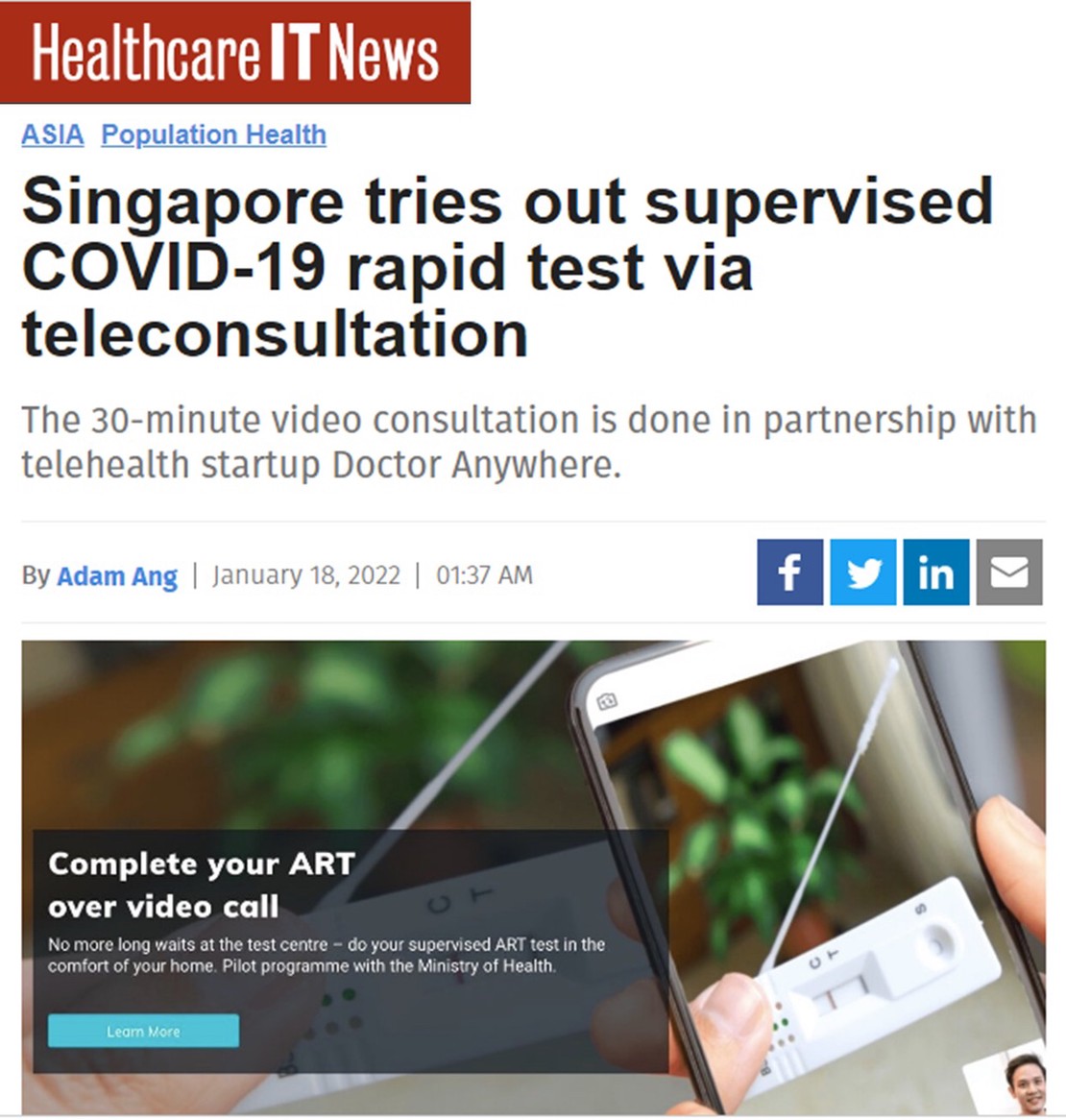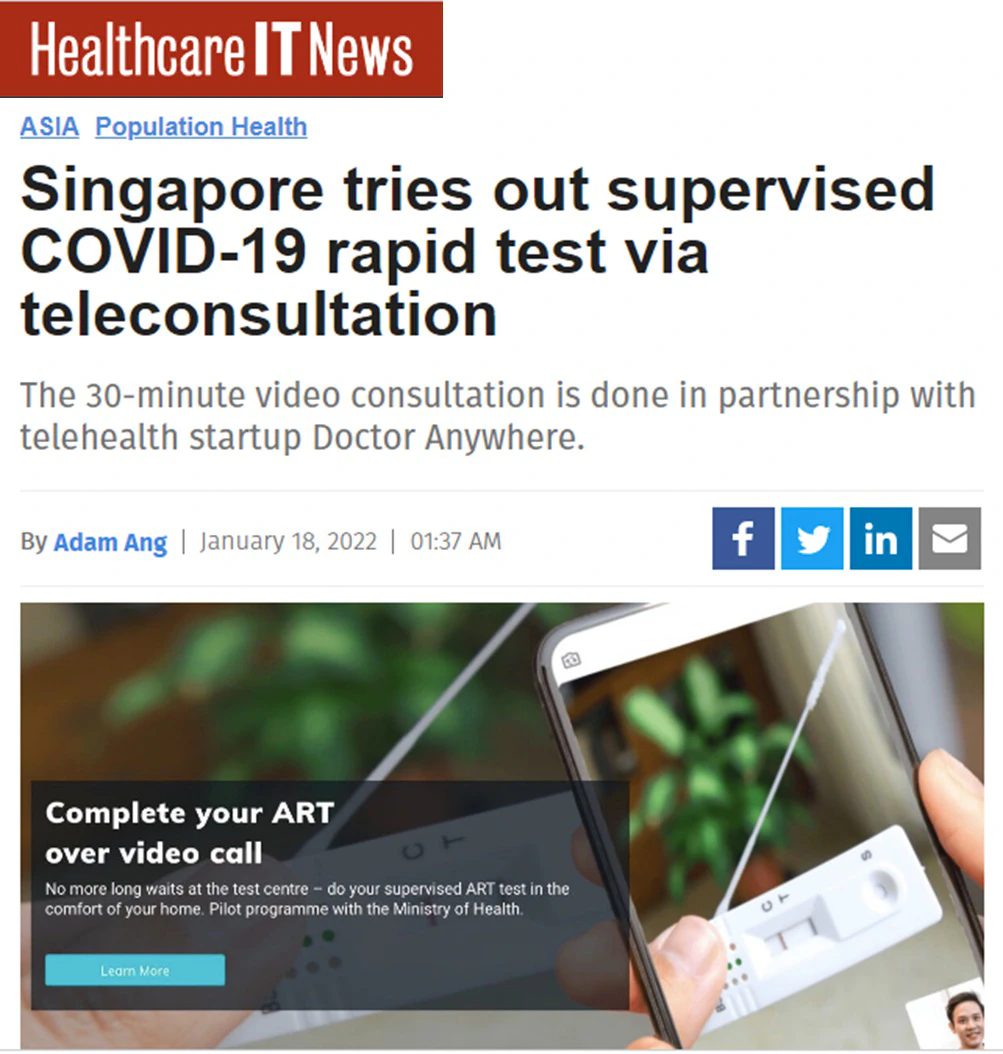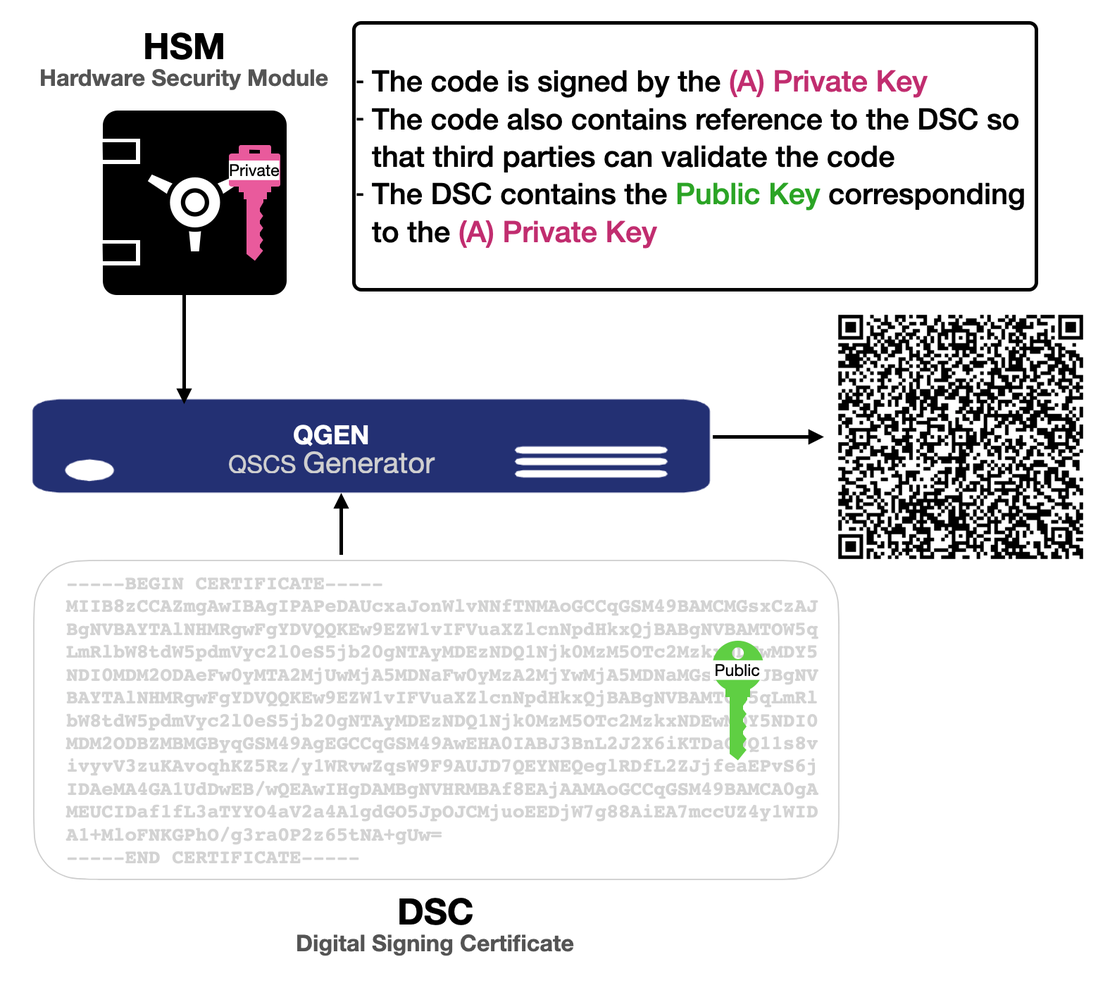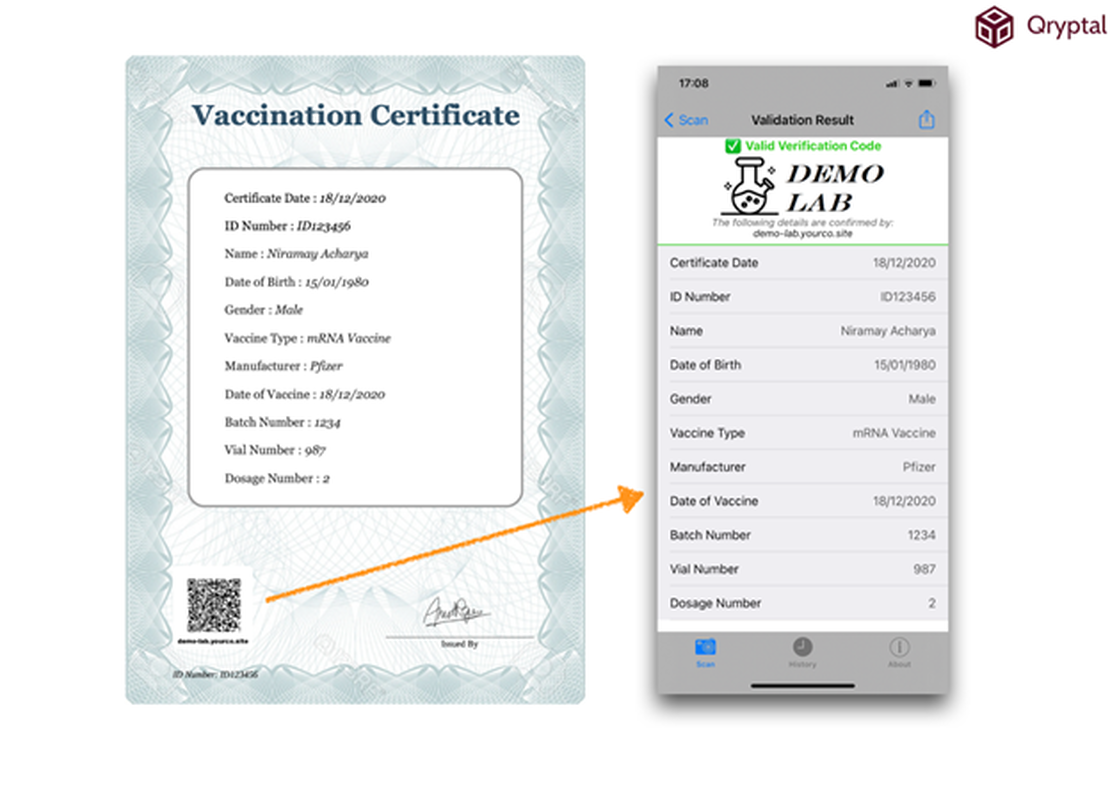Unlocking the Power of Secure QR Codes for Remote COVID Testing
- Rajesh Soundararajan
- May 26, 2022
- 3 min read

Boosting Remote COVID Testing with Secure QR Codes
Singapore’s Ministry of Health first rolled out the pilot of a virtual supervised COVID-19 antigen rapid test almost six months ago.
Teaming up with a local telehealth startup, Doctor Anywhere, the government provided rapid test supervision through 30-minute video consultations. Users were required to display the contents of their antigen rapid test kit for verification and follow the swabbing procedure. Test results were then delivered via text and email within four hours.
The program was later expanded to include additional approved providers for Antigen Rapid Testing, enabling remote supervised self-swab tests for pre-departure, pre-event, and outbound travel purposes.

How can secure QR codes help?
While test results are available within hours, the primary goal is to issue a COVID-19 test certificate/report. A negative result on this report is crucial for travel or other purposes.
As testing is remote and decentralized, it’s even more critical to issue tamper-proof COVID-19 test reports and ensure their authenticity through various verification channels and checkpoints. Secure QR codes can create a tamper-proof certificate and guarantee document authenticity.
The report can be issued in electronic document format (usually a PDF) or printed physically. In either case, easy validation or verification is essential, typically achieved by embedding a QR code on the document.
Secure QR acts as steroids for remote testing
Secure QR codes: The game-changer for remote testing
Secure QR codes play a vital role in the remote testing process, ensuring that COVID certificates are foolproof. Issuing authorities, labs, or health ministries generate COVID certificates with digitally signed, secure QR codes that can be easily verified by airlines, immigration officials, event organizers, or other relevant authorities.
This is a complex piece of encryption technology with the use of private (for generation) and public(for validation) keys, as shown in the image below.

Verification is performed using a web validation mechanism or an authorized app to scan the QR code. If the QR code or document is tampered with, the verification fails. Secure QR codes offer a simple, easy-to-deploy commercial solution that is both affordable and scalable.
Key advantages of secure QR codes:
Serverless verification architecture protects the issuing agency from external threats and hackers.
Compatible with both physical and digital formats, catering to various user needs.
Enables offline validation, preserving document integrity in air-gapped environments.
QR-coded certificates with embedded validity timestamps prevent documents from being used beyond their validity period.
As remote teleconsultation becomes increasingly prevalent, secure QR codes offer an optimal way to ensure the widespread distribution and authenticity of COVID test reports. This technology can also be applied to any remote testing result or certificate. At Qryptal we already have customers using us for such documents and certificates.
You may also like to read these relevant posts and articles-
- Securing Vaccination Certificate and Covid-19 Test Reports | Qryptal
- Singapore tries out supervised COVID-19 rapid test via teleconsultation | Healthcare IT News
- Digital Signing Certificate Management for generating EU Digital COVID Certificates
- COVID-19 Vaccination Certificates - Top 10 points

